The retardsontheweb did our work for us  :
Now they love taking the word from a foreigner to prove they "existed" in history (something Anthony Kaldellis has stated) however look at what someone who was living in Macedonia describe the population as (using the same book as the retardontheweb did)
:
Now they love taking the word from a foreigner to prove they "existed" in history (something Anthony Kaldellis has stated) however look at what someone who was living in Macedonia describe the population as (using the same book as the retardontheweb did)
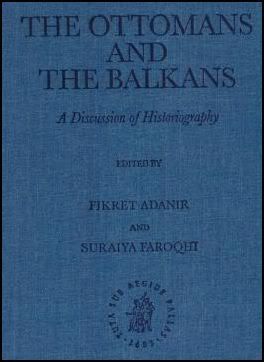
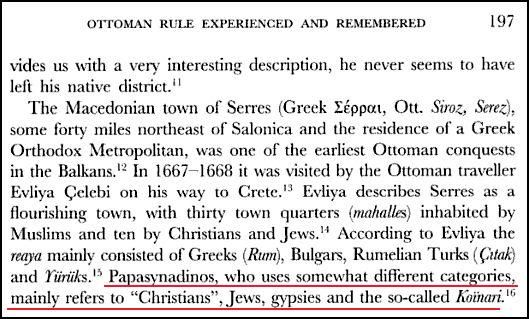
Hellenism Here's "Hellenism" for ya;
Here's "Hellenism" for ya;
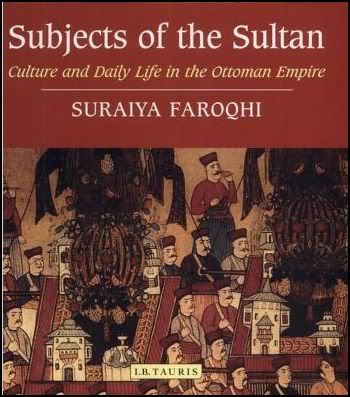
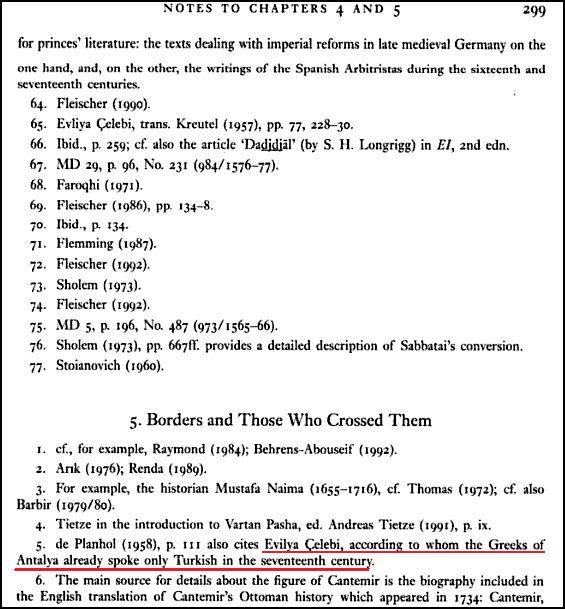

 :
:
Code:
http://www.macedoniaontheweb.com/forum/interesting-macedonian-books-sources/10094-evliya-celebis-seyahatname-book-travels.html


Hellenism
 Here's "Hellenism" for ya;
Here's "Hellenism" for ya;


 ):
):

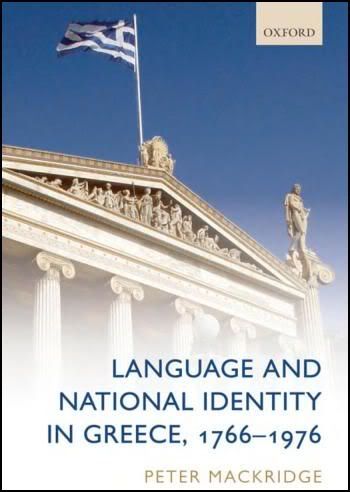
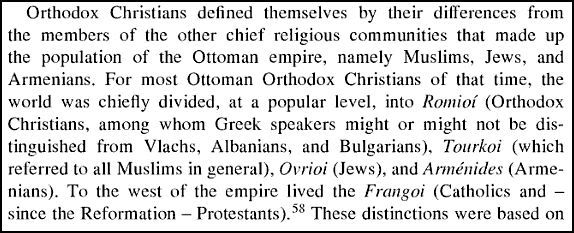

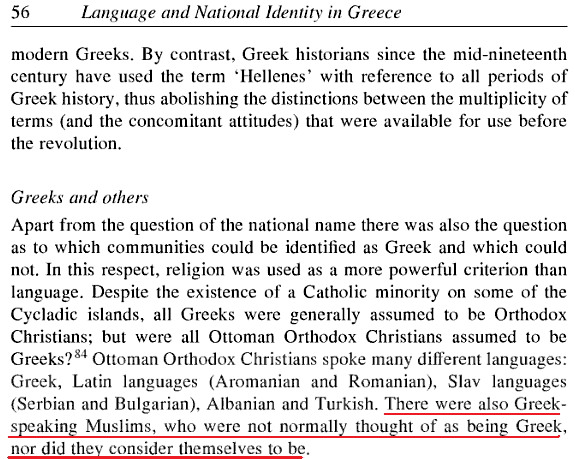
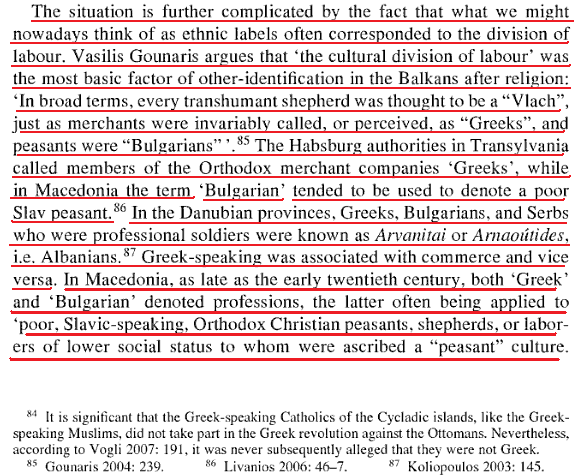


Comment